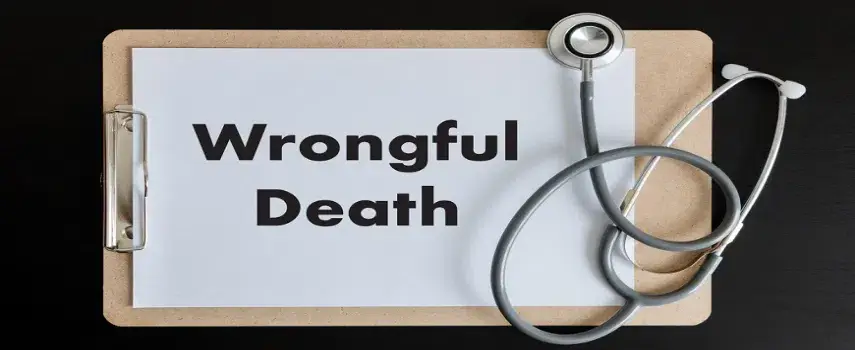A guide to filing a wrongful death claim must start with meeting the Statute of Limitations. The Statute of Limitations is the time within which a claimant must file their lawsuit or claim. If suing a municipal entity, like the City or State of New York, a Notice of Claim or Notice of Intention must be filed immediately. Failure to timely file such notices can result in the Court barring any recovery against the City or State. A claimant should consult with a lawyer as soon as possible to ensure applicable Statute of Limitations are met. A lawsuit must also be filed within the Statute of Limitations.
The Importance of the Will in Filing a Wrongful Death Claim
Once Statutes of Limitations have been determined and met, the second step to filing a wrongful death claim involves the will. The party seeking to file must figure out whether the person who passed away (the “decedent”) has a will. If there is a will, it will name an executor or executrix to the estate. The executor/executrix will be the one retaining an attorney and filing the lawsuit on behalf of the decedent. If the decedent does not have a will, the Court instead must appoint an administrator/administratrix to represent the estate. Once the estate files a lawsuit on behalf of the decedent, the case must be litigated. This will involve the questioning of parties and witnesses under oath, the exchange of documentation, and possibly a trial. Litigation is the most difficult step when filing a wrongful death claim.
How is the Award Distributed
Once the jury renders a verdict or the parties reach a settlement, the estate must distribute the award. A guide to filing a wrongful death claim is not complete without discussing recovery. The first to recover is the decedent’s spouse. If no spouse, then the children of the decedent as well as his or her parents. Generally, the Court will give the spouse and children priority. If no spouse, children, or parents, then siblings may recover.
The decedent’s will can alter recovery in a wrongful death case. There are many nuances to filing a wrongful death claim. A skilled attorney can assist you in getting a fair recovery for the death of a loved one.




